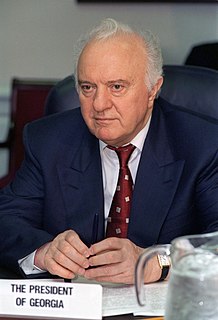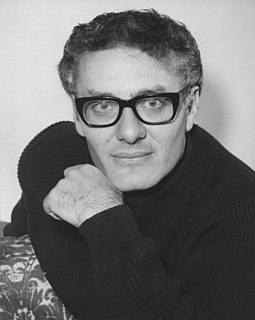A Quote by Viv Albertine
With the second book, I didn't have an ideal reader in mind, as it developed quite out of my control, this detective novel of why am I so full of anger, why did I pick up a guitar when I was poor and uneducated.
Related Quotes
I wanted to know why people follow rules blindly, or why girls had to act a certain way and boys didn't. Why could boys ask girls out and girls not ask guys out? Why did girls have to shave their legs and guys didn't? Why did society, like, set everything up the way they did? My whole adolescence was full of unanswered whys. Because they never got answered, I just kept lighting fires everywhere - metaphorically speaking.
I am not sure I knew what I was doing, writing an "apocalypse" novel, when I started this book. Now that the book is done, I can own that I have in fact written an apocalypse novel, one that speculates on a dark, dark future. Why I did it, I really don't know - every time people read my work they comment on its darkness, its sadness.
In my couple of books, including Going Clear, the book about Scientology, I thought it seemed appropriate at the end of the book to help the reader frame things. Because we've gone through the history, and there's likely conflictual feelings in the reader's mind. The reader may not agree with me, but I don't try to influence the reader's judgment. I know everybody who picks this book up already has a decided opinion. But my goal is to open the reader's mind a little bit to alternative narratives.
The average detective story is probably no worse than the average novel, but you never see the average novel. It doesn't get published. The average -- or only slightly above average -- detective story does.... Whereas the good novel is not at all the same kind of book as the bad novel. It is about entirely different things. But the good detective story and the bad detective story are about exactly the same things, and they are about them in very much the same way.
When you get your self realization or your second birth you become entitled to an awareness by which you can find out the roots of everything. You can find out the roots why people get sick, you can find out why there are incurable diseases, you can find out why there are psychological problems, you can find out why there are moral crisises, you can find out why there are political problems, why there are economic problems.



































